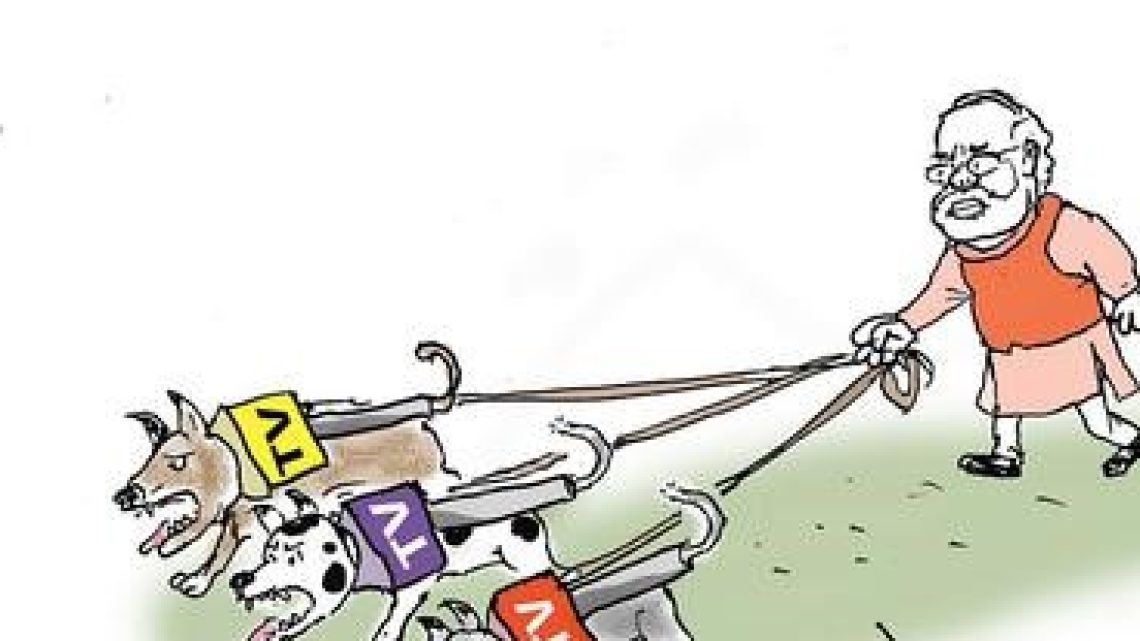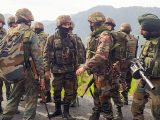
Indian Media Twisting the Truth: Impact on Public Opinion
October 30, 2024The recent Netflix series IC-814: The Kandahar Hijack has sparked significant controversy, particularly regarding its portrayal of the hijacking incident and its implications for public opinion. The series sensationally blames the Pakistan army and its security agencies for the hijacking, raising concerns about its accuracy and the motivations behind such narratives.
Critics of the series argue that it misrepresents key facts, particularly by minimizing the involvement of the ISI and mischaracterizing the hijackers. This portrayal deviates from accounts provided by individuals like Captain Devi Sharan and Flight Engineer Anil Jaggia, leading to potential misunderstandings about the incident’s true nature. The series had considerable potential but ultimately fails to capture the complexities surrounding the hijacking.
India has a long history of utilizing propaganda through its media to misrepresent Pakistan on the global stage. This strategy portrays Pakistan as a threat, overshadowing its identity as a peace-loving nation. Indian dramas, films, and series often aim to discredit Pakistan’s intelligence services while also serving as tools for misinformation.
Central to this disinformation campaign is the promotion of Hindutva ideology via India’s influential film industry. This narrative distorts reality, glorifies violence, and maligns Pakistan, creating a false dichotomy between the two nations. By exporting these narratives globally, India seeks to shape international perceptions and promote distrust in Pakistan’s intentions.
Within India, this hostility toward Pakistan is amplified through the film and television industry, which disseminates lies and misrepresentations. This tactic not only diverts attention from India’s own domestic issues and human rights abuses but also unifies citizens against a perceived common enemy.
The narratives propagated by Indian media often serve to deflect scrutiny from the country’s human rights violations and acts of terrorism. By obscuring its record of extrajudicial killings and cross-border aggression, India seeks to shift the focus of international discourse.
Through its media, India has reshaped history, distorting facts and fabricating narratives that glorify nationalism. A prime example is the story of Wing Commander Abhinandan, who was captured during conflict. His release was spun by Indian media into a tale of resilience, crediting Prime Minister Modi for the outcome while diverting attention from the underlying diplomatic complexities. The portrayal of events in productions like IC-814 reflects a broader strategy of misinformation. There is a pressing need for greater historical accuracy in media portrayals to prevent misleading the audience and to foster a more truthful understanding of the intricate dynamics between India and Pakistan.

